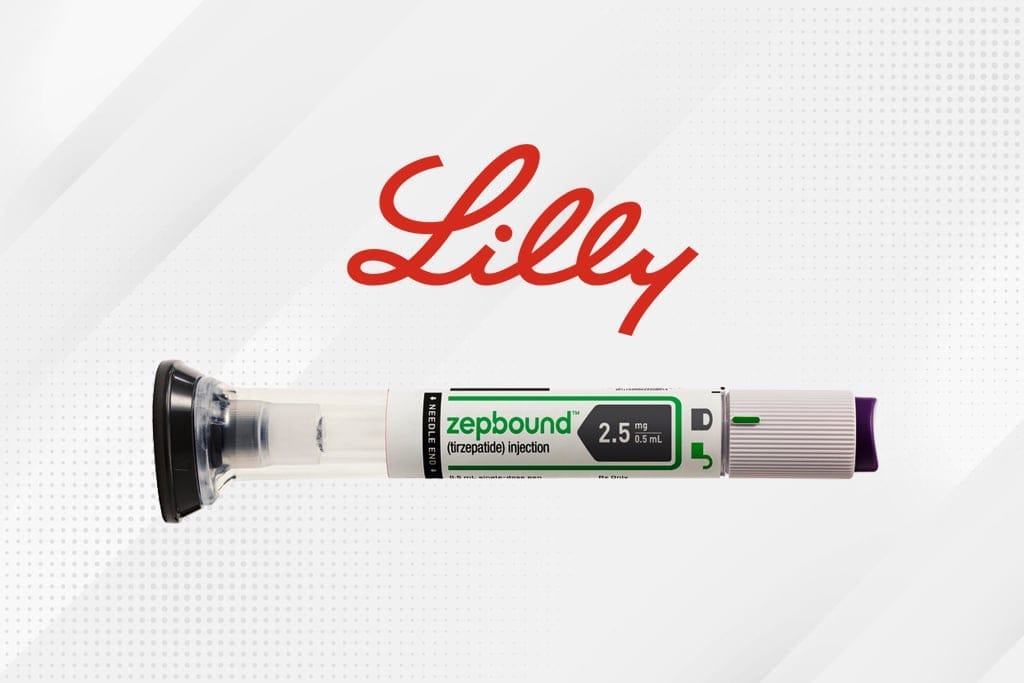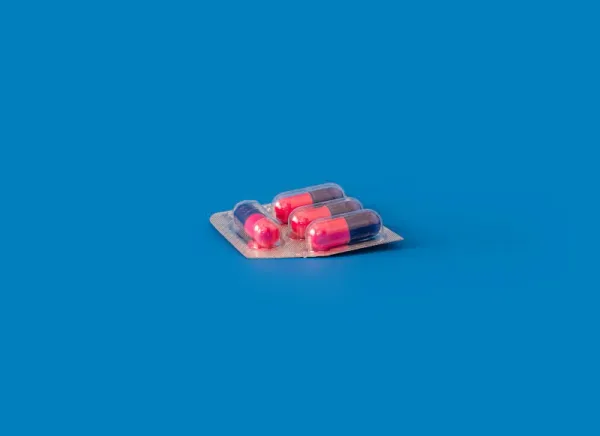GLP1s vs. Addiction, a quick review
We trace research on GLP1s and addiction through the years and try to find studies that match the anecdotes.
GLP1 Receptor Agonists aren't miracle drugs – they are a class of well-studied (but not completely understood) FDA-approved treatments for Type 2 diabetes and weight management.
Check out our quick explainer
GLP1s have proven at this point to be low risk (maybe they could be dangerous after 5-10-15-20 years of continued use, but we can't know that yet) – but what's more impressive is that we keep finding new positive side-effects.
We've covered the links between GLP1s and addiction management in the past with relation to other topics:

Covering negative side effects is arguably even more important:


In this article, we'll try to combine most of the relevant studied and pointers in the right direction.
- 2021: Exenatide + Nicotine Patch reduces smoking
- 2022: Scientists try to figure out why GLP1 may be effective
- 2022: GLP1 reduces Opioid usage in rats
- 2023: Analysis of social media anecdata shows Semaglutide & Tirzepatide reduce alcohol consumption for obese people
- 2024: Analysis finds Semaglutide to increase cognitive function, and reduce nicotine use
- 2024: An excellent long-ranging review on GLP1s and addiction
- 2024: Small study finds opiate reduction in humans
- 2025: Analysis suggests that Semaglutide may
- 2025: Finally, a randomized clinical trial into Semaglutide for Alcohol Use Disorder
Want to read the research for all the points in this timeline? The rest of this article is no longer available for free – if you'd like to read the rest of our analysis, check us out on Substack:







